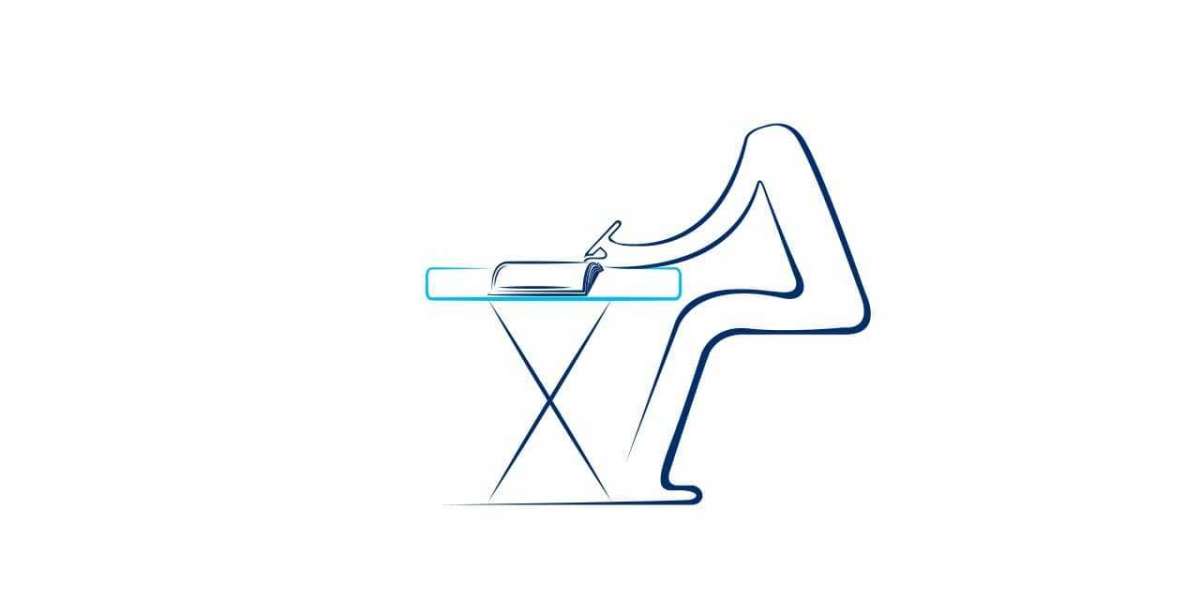Tooth Pain
Gum disease and tooth decay, both of which can be painful, are caused by the growth of bacteria in the oral cavity. Gum disease typically just causes minor discomfort.
A toothache is a pain that is in or near your teeth. A brief gum irritation that you can treat at home can result in minor toothaches.
More intense tooth pain to ear is brought on by cavities, infections, or other dental conditions that won't cure on their own.
A broken tooth, a bacterial infection, a corn husk stuck in your gums, and other diseases can all result in tooth pain.
Gum inflammation lasts only briefly and causes some discomfort. However, severe tooth discomfort necessitates medical intervention.
What Causes Teeth Aches?
When you have tooth pain, whether it is severe and agonizing or dull and achy, it can be difficult to bite and chew, no matter what prescription or prescription drug you take for some solace.
It can also be difficult to concentrate, maintain energy during the day, or even sleep at night.
Tooth discomfort may be caused by dental decay, an infection, or a shattered tooth.
Regardless of the source, if you have ongoing discomfort, you should see an endodontist or oral surgeon for therapy.
A toothache is a pain that often results from decayed teeth and is felt inside, around, and in the jaw.
A toothache may appear in many different ways. It could be cyclical or constant. It's possible that eating or drinking will make the discomfort worse, especially if it's hot or cold.
Tooth pain in the ear
It might be uncomfortable and painful to have a toothache. It can begin as a nagging pain or it can be really strong right away. Many times, a toothache can result in discomfort in other places, such as the ears.
You may occasionally mistake a toothache for an earache. Our Scotts Valley emergency dentists at Ebrahimian Integrative Dentistry go over the causes of ear pain in today's blog.
There are numerous different causes that can induce toothaches. The nerve in the tooth's root or the area around a tooth is typically what triggers toothaches.
The most frequent causes of toothaches include injury, infection, and dental decay. Even an old filling or crown can occasionally come loose and cause problems because it exposes the tooth's nerve to bacteria, air, and saliva.
Any of these situations might make a tooth susceptible to developing a toothache, which, if addressed, can result in infection and discomfort.
THE DISTINCTION BETWEEN A TOOTHACHE AND AN EARACHE
An earache can cause discomfort in or around the ear, fever, appetite loss, nausea, trouble falling asleep, sinus issues, hearing loss, and balance issues.
A toothache can cause discomfort inside or around the tooth, an aching feeling after eating or drinking something hot or cold, or swollen glands.
Making an appointment with our office so that one of our dentists may evaluate you is the best way to figure out what might be going on.
Our teeth are located quite close to our ears, and the main nerve connects to the spinal column by traveling from the upper and lower jaw, around the jaw joint, and into the head.
The trigeminal nerve is the name of this nerve. It is well recognized that nerves can induce referred pain, leading people to believe that they are hurting in one part of their body when, in fact, they are hurting in another.
A toothache can even cause discomfort in the ears. Toothaches frequently radiate to other places including the head, cheeks, or neck.
Another cause of a toothache could be an abscess. An infection that results in facial swelling and excruciating pain is the cause of an abscessed tooth. There have been instances where a tooth abscess went untreated.
How to Treat Tooth Pain?
Since the type of therapy you receive for a toothache depends on what is causing the pain, your dentist may examine your mouth and possibly take an X-ray to try to determine the problem.
Your dentist will remove the problematic tooth structure and replace it with a filling if tooth decay is the cause of your toothache.
Your dentist will remove the broken or loose filling, clean out the decay, and then install a new filling in its place if that is the cause of your toothache.
It may be required to undergo root canal therapy if the pulp inside your tooth is infected. In order to prevent reinfection, this procedure involves removing the affected pulp and sealing the tooth with a special filling.
To read more about other pain: Facial Pain, Nose Pain



